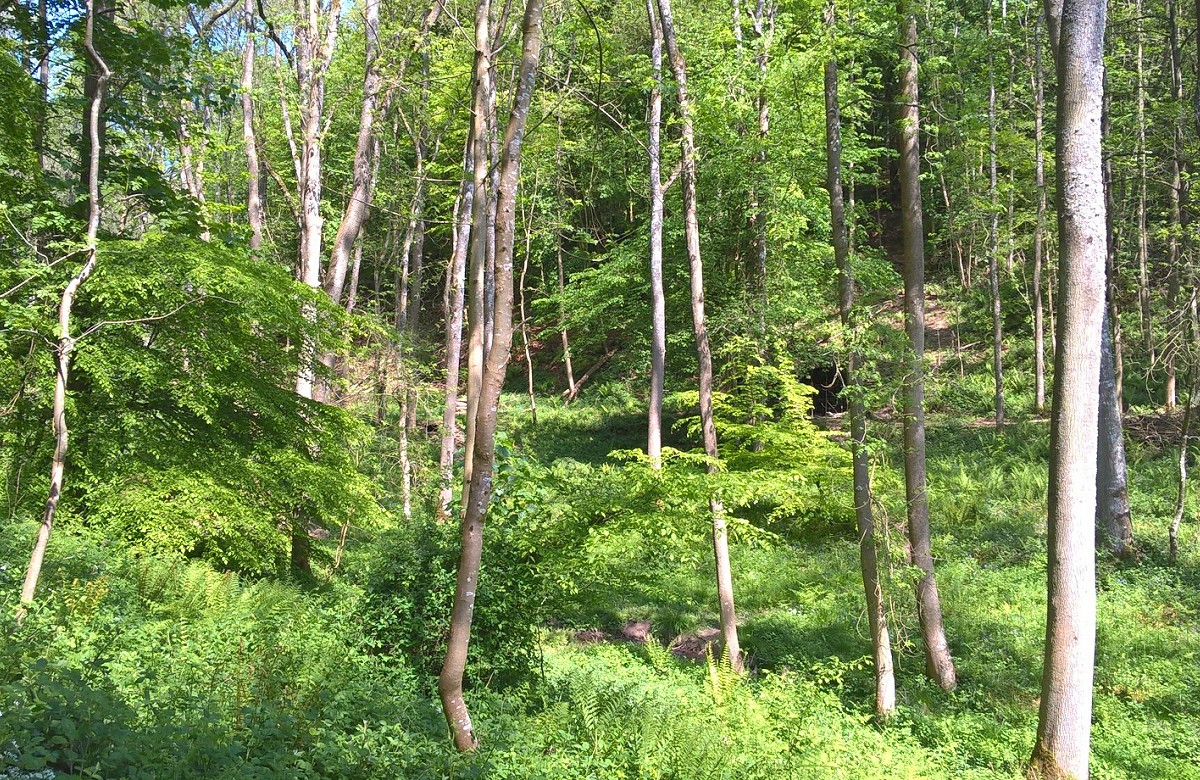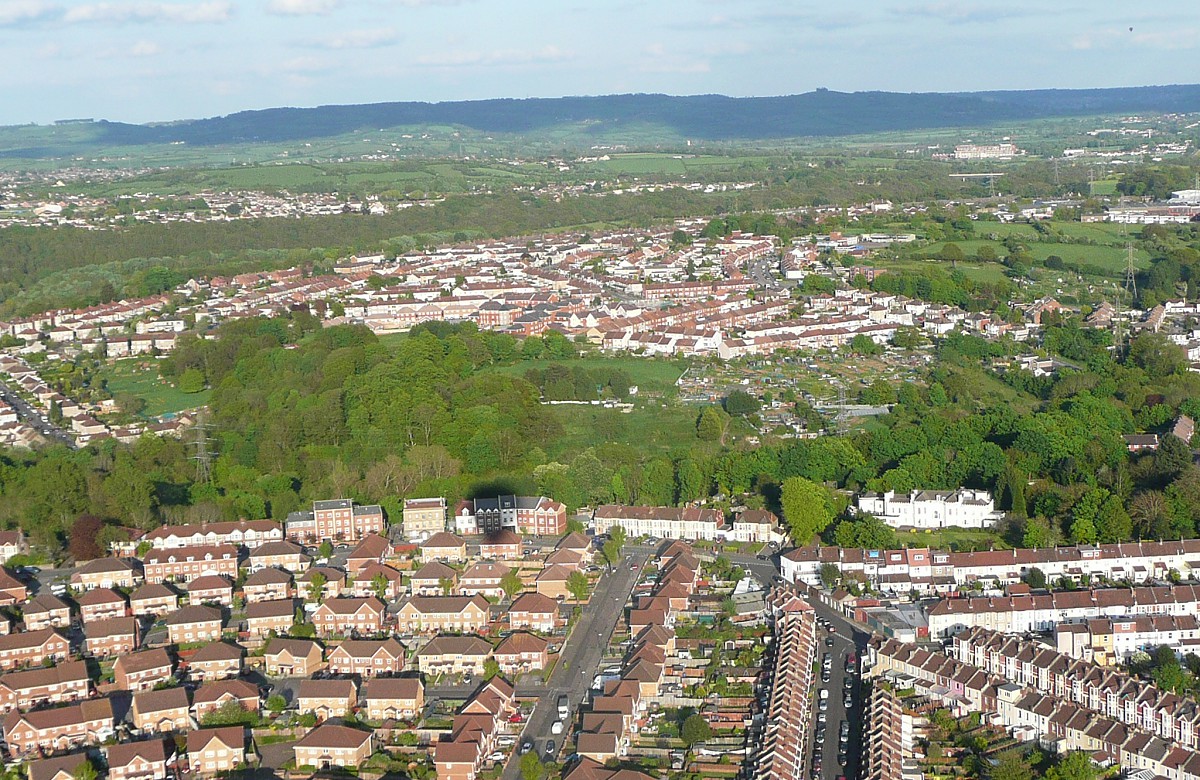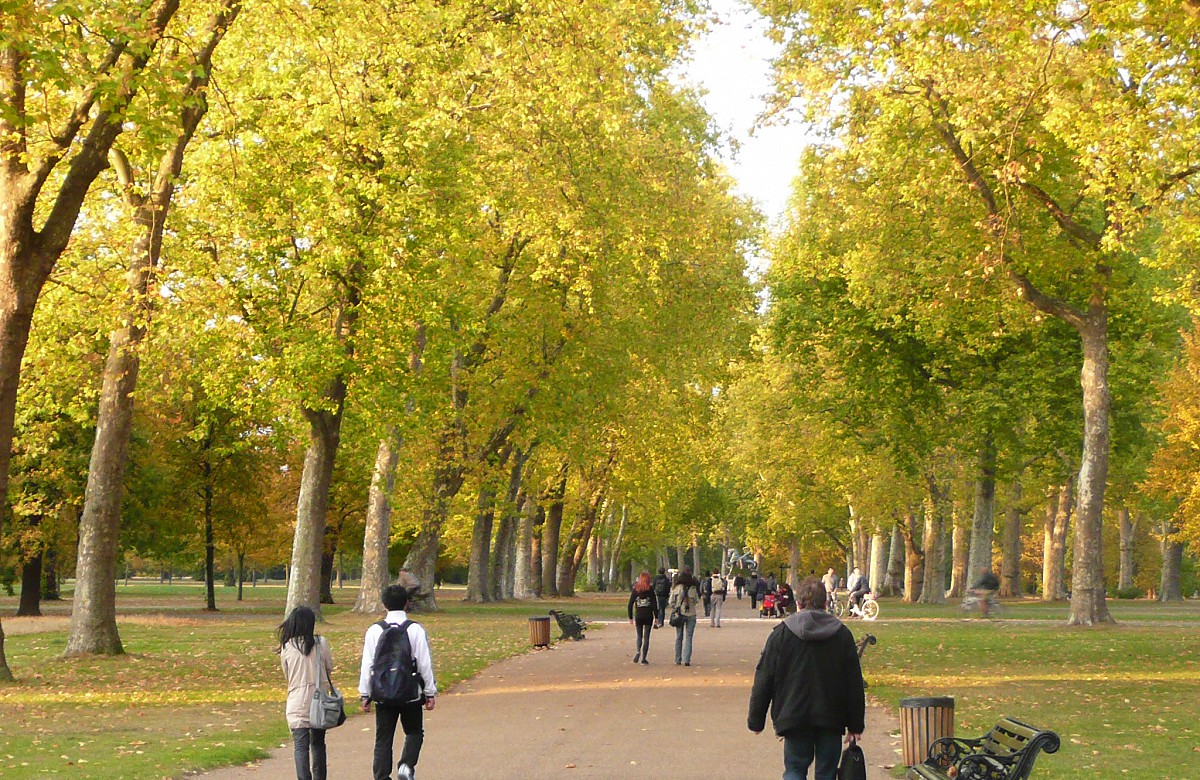Some Benefits of Trees & Woodlands:
- Support learning: children (and adults!) benefit significantly from outdoor learning and learning about trees and wildlife
- Build confidence & improve quality of life: activities outdoors promote improved mental and physical health, resilience and wellbeing
- Speed patient recovery times: less time is spent in wards with views of trees
- Reduce asthma: by filtering air borne pollution
- Contribute to safer communities: flats associated with trees have less crime and people feel safer
- Provide a legacy across the generations: local tree planting brings communities together and the results last hundreds of years
- Cut energy use: this can be 10% lower in buildings sheltered by trees
- Reduce flash flooding: tree reduce disturbance and damage after heavy rain
- They are a carbon neutral resource: if local trees are used for wood fuel or construction
- Support the local economy: people prefer, stay longer and more frequently visit shopping areas with trees
- Contribute to high quality environments: people pay more (3-7%) to live on tree-lined streets
- Support inward investment: quality of life is a factor in the relocation of 57% of business executives
- Provide diverse, sustainable, necessary and attractive products as well as being a food source
- Can cut transport miles by being located close to markets
- Create robust woodland havens: for wildlife and people in the long-term
- Increase diversity and resilience of landscapes when on the edge of towns and cities.






